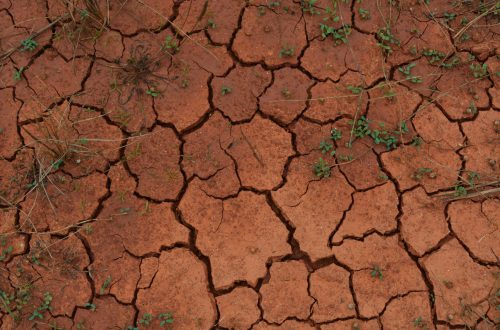Smell The Roses
Even in the darkest of times, it is human nature to look for the light. But finding anything good amid the horror and despair of coronavirus felt impossible at first – especially when our government let us, and those we love, down so very atrociously.
However, as the weather started to improve and I ventured outside my four walls a little more, I sat in my garden in the sunshine with a cup of tea one day in April, and I heard a flicker of hope, saw the glimpse of a silver lining.
It began simply, with bird song.
I recalled a quote from Kyo Maclear’s Birds Art Life: If you listen to the birds, every day will have song in it.
Was it just my imagination or was the blackbird sitting on the fence singing louder and clearer than before?
It took me a second, then I realised. Ten days into UK lockdown, the usually busy road near my Norwich home was empty of traffic. That was why I could hear the birds sing properly. They weren’t singing any louder. It was just that there was no ambient human background noise any more to rob me of the true and joyful sounds of the birds – dozens of them.
From there I noticed other changes. Looking up I saw skies quite clear of the white streaks of plane contrails which normally compete with the clouds.
When I took a deep breath, the air already felt cleaner.
It wasn’t just my imagination. Places such as Bangkok, Los Angeles and Delhi reported unprecedented declines in the toxic pollution, which kills millions of people every year, during their various pandemic restrictions. Tens of thousands of lives will actually have been saved in China by the pollution-reductions consequent upon their lockdown. Some people in China saw the blue sky in their home cities for the first time ever.
But it goes even further; we’ve had no choice but to consume less – and most of us have managed just fine. For some, working from home suddenly became possible where perhaps it hadn’t been before, allowing a more flexible work/life balance. There was time to sit and eat breakfast with our children, to enjoy lunch in the fresh air maybe, and certainly to be at home to read that bedtime story.
On Thursday nights, standing on the doorstep clapping for our key workers, seeing neighbours, some for the first time, joining together, brought water to my eyes. It reminded me of more than just our shared vulnerability and our shared caring, vital and new-feeling though that is. It reminded me that when we join together at a local level we are a force for change.
Indeed, throughout this crisis, when our government failed to act in a precautious way, we the people made the right moves – together, encouraging and encouraged by our family, friends and community.
We cancelled events before we were instructed, we stayed at home (and many of us continue to do so even with the – questionable – easing of lockdown), and we fought to keep our loved ones safe.
Hundreds of thousands of people responded to a call for volunteers to give their time to help those more vulnerable in their communities.
It helped us realise that we can be – that we are – good.
The crisis also changed our sense of what is humanly and practically possible on a local, national and international scale – and in a short time frame.
We desperately need that sense of agency if we are to combat our greatest challenge, the long emergency that will still be here when this pandemic emergency is finally over. You know of what I speak. The climate and nature emergency.
Think about this; while there has been a drop in CO2 emissions during this time of corona, it will still not come close to bringing the 1.5C global temperature limit within reach – and even that would only stave off some of the most disastrous impacts of ecological degradation.
Covid-19 is a warning from nature that we must heed. We have no choice if we want civilisation to continue. This forced pause gave us the chance to really think; it has reminded us of what matters. Don’t let that go. Insist on remaining ‘idle’ more than you were before! Keep the spirit of pause.
Once things calm enough Covid-wise, we shouldn’t scramble to get things ‘back to normal’. We should reset in a way that locks in the benefits that we’ve experienced in lockdown. And in a way that unlocks for good the creative potential that this terrible and yet sometimes wonderful time has unleashed.
The world we rebuild post-coronavirus needs to be founded in well-being, and so needs to bail out people and planet, not plutocrats. It needs to be a slower, wiser, more care-ful world.
A safer post-Covid world will be a glocal world: global in wisdom and co-ordination, but more locally resilient with less rapid movement of ‘goods’ and people. The word may be ugly: the reality can be beautiful.
The phrase ‘build back better’ is often said following a natural disaster. I say amen, but also: let’s build back slower.
And so here is our chance; let’s stay awake to what life can be like, especially when we know more than ever how it can end at any time. Quite literally, let’s stop to smell the roses.


